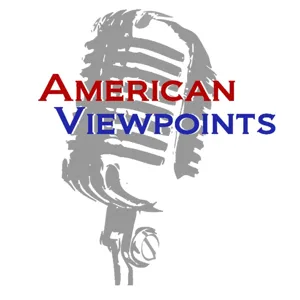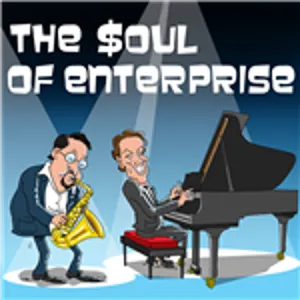The Future of Educational Choice: Kerry McDonald Unpacks it All

SELECTED LINKS FROM THE EPISODE
Kerry McDonald: Website | X | Instagram | Facebook
Teach Your Kids: Website | X | Instagram | Substack
Manisha: LinkedIn | X | Instagram
- Join our premium community with expert support and advice
- LiberatED
- Podcast Episodes:
- How to Afford Homeschooling | Modulo
- Microgrants - VELA Education Fund
- Education Entrepreneurship & Innovation Across the US
- Unschooled: Raising Curious, Well-Educated Children Outside the Conventional Classroom - Kerry McDonald
- A is for Abundance: The ABCs of Capitalism - Kerry McDonald
- The Righteous Mind: Why Good People Are Divided by Politics and Religion - Jonathan Haidt
- Rainbow Fairies: Books 1-4 - Daisy Meadows
- Christensen Institute
- Colossal Academy
- Brooklyn Apple Academy
- Surf Skate Science
- Sudbury Valley School
- ASU Prep Digital
- EdChoice
- American Federation for Children
- yes. every kid.
This site contains product affiliate links. We may receive a commission if you make a purchase after clicking on one of these links.
Time Codes:
[00:00:00] Manisha begins the episode by introducing guest Kerry McDonald, elaborating on her various accolades and research.
[00:04:00] McDonald breaks down the U.S. spending on K-12 education noting that universal education choice is already implemented in eight states.
[00:07:53] The power of parents: Kerry underlines their unique role in understanding their child’s educational needs.
[00:11:36] A shift towards parental empowerment in education is becoming noticeable, according to Kerry. She discusses how this trend could impact the future of education.
[00:16:13] Kerry observes a cultural shift in parenting styles, especially regarding discipline. This point introduces a new facet to the conversation around education.
[00:19:06] Manisha and Kerry discuss the necessity of a learner-centric, curiosity-driven educational model. The topic explores the benefits of a more personalized approach to education.
[00:22:30] Kerry comments on the varying state regulations concerning education choices. She breaks down the complexities and what they mean for parents and students alike.
[00:25:17] Manisha and Kerry delve into the challenges of implementing educational choice on a mass scale. The conversation here balances the theoretical with the practical.
[00:32:15] Manisha asks about the long-term societal impacts of educational choice. Kerry's answer explores the ripple effects that could influence future generations.
[00:35:32] Manisha shifts the conversation to the financial aspects of alternative educational models. It's a deep dive into budgets, scholarships, and public funding.
[00:38:24] Addressing some of the common misconceptions about homeschooling, McDonald aims to dispel myths and provide factual clarity.
[00:41:25] McDonald emphasizes the importance of getting involved with school choice advocacy and Manisha adds that parents seeking homeschooling resources can find support through micro-grants like the Vela Education Fund.
[00:50:34] Discussing her approach to natural literacy, Kerry McDonald emphasizes the importance of a literacy-rich environment and aligning reading materials with children's interests.
[00:54:40] Kerry McDonald lauds Manisha's contributions to homeschooling through Modulo and stresses the importance of personalized education. In return, Manisha thanks Kerry for her mentorship and highlights their valuable collaboration in the educational field.
This podcast is made possible through a generous grant from the Vela Education Fund
VELA Education Fund is catalyzing a vibrant alternative education ecosystem. VELA provides trust-based funding to entrepreneurs, fosters community-building and knowledge-sharing, and increases visibility through storytelling that promotes cultural awareness and acceptance of the out-of-system space. Today, VELA serves the largest community of out-of-system education entrepreneurs in the country, with over 2,000 community members. About half of VELA’s community members operate small learning environments, and the other half are ecosystem and community builders offering direct services and support across the out-of-system space. Learn more at velaedfund.org.


